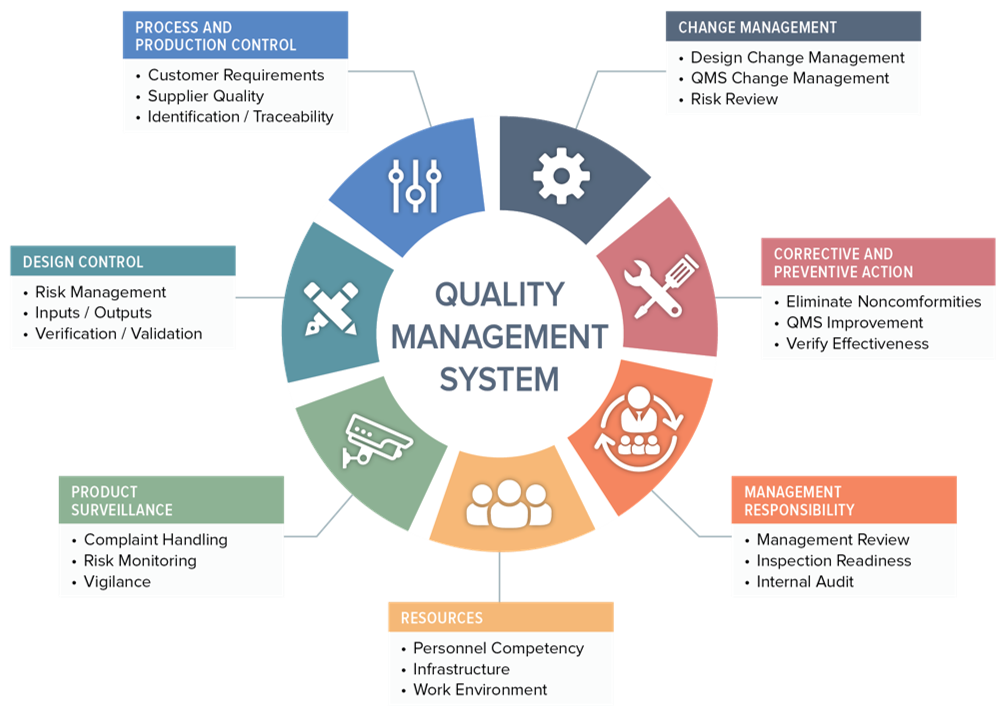- Ge Biomedical Engineering
- Ge Biomedical Training
- Ge Biomedical Training Jobs
- Ge Biomedical Jobs
- Ge Biomedical Training Programs
- Ge Biomedical Training
Saving Equipment, Saving Lives
Leaders and mentors in the biomedical field that will help the biomed development customer service and other skills necessary for success. Comprehensive education Choose exactly the training you need with our comprehensive course selections. GE Healthcare offers clinical, technical and physicist education. From intensive technical and clinical product training, onsite training, to our extensive continuing education opportunities, we can help you meet your training needs. Email us - academy.swe@ge.com. Technical Training Technical service training tailored to fit your needs. Technical Product Education is designed for hospital professionals (healthcare technology managers, biomedical engineers & clinical engineers) responsible for operating and maintaining GE Healthcare equipment and non-GE Healthcare equipment. GE Logiq/Vivid E9 Service Training. The Logiq E9 is the newest flagship Radiology ultrasound system manufactured by GE. The system produces outstanding images, has improved ergonomics and allows for integration of multiple modalities. The Logiq E9 service training course is designed for the ultrasound service professional. The program provides training and fosters career development for biomedical equipment specialists with the goal of producing highly skilled Soldiers for Army Reserve war and peace time missions and facilitating their employment in the civilian healthcare technology industry so Soldiers stay mission-ready.
Building technical and clinical skills and equipping health facilities with the right technology can build capacity, having a sustainable impact for years to come. In sub-Saharan Africa, WHO estimates that as much as 70% of laboratory and medical equipment is partially or completely out of service, and timely access to emergency care can reduce seven of the 15 leading causes of death. Yet training technicians to fix and maintain equipment and improving basic medical skills are simple solutions to reduce the number of preventable deaths.
Partnering with Engineering World Health, Duke University and Assist International, the GE Foundation supports a biomedical engineering technician training curriculum that helps to promote—and sustain—equipment repair and maintenance in DHG communities. These local biomedical technology-training programs focus on repairing—versus replacing—equipment using available resources, and educating the first generation of biomedical technicians to support ministry of health facilities and assets. The program provides ongoing coaching and mentoring resources to cultivate a professional community of biomedical technicians who are able to support the technical needs of public district hospitals and health centers. Engineering World Health (EWH) has tailored the curriculum for different countries and educational partners, and, in partnership with Duke University, is evaluating its impact.
Ge Biomedical Engineering
BMET training programs have been introduced in Honduras, Rwanda, Ghana, Cambodia and Nigeria. In Honduras and Rwanda, the BMET training program has transitioned to local learning institutions that will ensure a growing stream of qualified BMETs to address medical equipment needs. The Cambodia program will transition to local entities in June 2016.
The success of the BMET training programs in these countries is well documented. In Rwanda, biomedical engineering training programs, delivered by trained technicians, have helped to disseminate technical knowledge of basic medical equipment management, troubleshooting and repairs at the local-hospital level. As a result, improvements in problem resolution (+25%) and equipment downtime (-35%) were observed across 32 district-level hospitals.
In Cambodia, hospitals with BMETs that were trained through the DHG program had 29.98% less out-of-service equipment compared to control hospitals. Likewise, intervention hospitals performed double the number of management actions of all types compared to the control hospitals.

Ge Biomedical Training

EWH Program Objectives
Ge Biomedical Training Jobs
- Address the skilled manpower gap through specialized training implementation.
- Equip laboratories with up to date technologies that can provide excellent learning experience and gain accreditation.
- Establish a Center of Excellence for on-going training.
- Empower the local economy by building local capacity of biomedical technicians to repair local equipment.
- Provide evidence of program impact through evaluation and publication by Duke University.
Next Steps
Ge Biomedical Jobs
But highly-trained and skilled BMETs are limited in their effectiveness to service and maintain medical equipment by additional barriers. These barriers include a lack of formal maintenance processes, weak supply chains, no access to tools, and limited funding for parts and consumables. So while BMETs have the capacity to properly care for equipment, these barriers limit them their ability to keep medical equipment in optimal condition.
Assist InternationalIn Honduras, GE Foundation commissioned a pilot program that seeks to address this next layer of healthcare technology management (HTM). The program, “Nuestro Equipo Medico”, moves hospitals toward sustainable HTM by empowering local hospital administrators and BMETs to address these barriers. To combat the lack of HTM processes, the program has created an easy-to-use tool that helps BMETs chart maintenance activities and plan their work. The issue of a weak supply chain is overcome as BMETs and hospital staff are taught to utilize alternate low-cost channels for acquiring parts. Tools are given to BMETs and a budget for parts is provided for the first year of the program. A detailed budget breakdown is created for hospital administrators so they can allocate funds for parts in the second year of the program.
The program was implemented in October 2015 at four hospitals in Honduras. Since then, program BMETs have begun to implement new processes, receive access to mentorship, and source critical parts for a fraction of the cost by using alternate part sources.
Ge Biomedical Training Programs

By addressing the barriers to effective maintenance, this program will enable trained BMETs to full utilize the skills they have learned and enable them to keep hospital equipment functioning optimally for years to come, resulting in improved patient outcomes.
Ge Biomedical Training
Nuestro Equipo Medico Objectives
- Build BMET capacity so preventive maintenance tasks are completed in a timely manner while maintaining high standards of operation.
- Build BMET capacity so corrective maintenance tasks are completed in a timely manner.
- Achieve equipment downtime of less than 36 days in a calendar year.
- Provide hospital director with a maintenance budgeting tool so funds can be allocated for second year of the proposed program.
- Provide the Honduras Ministry of Health with a cost benefit analysis that compares the maintenance of existing install base with purchase of new equipment.

